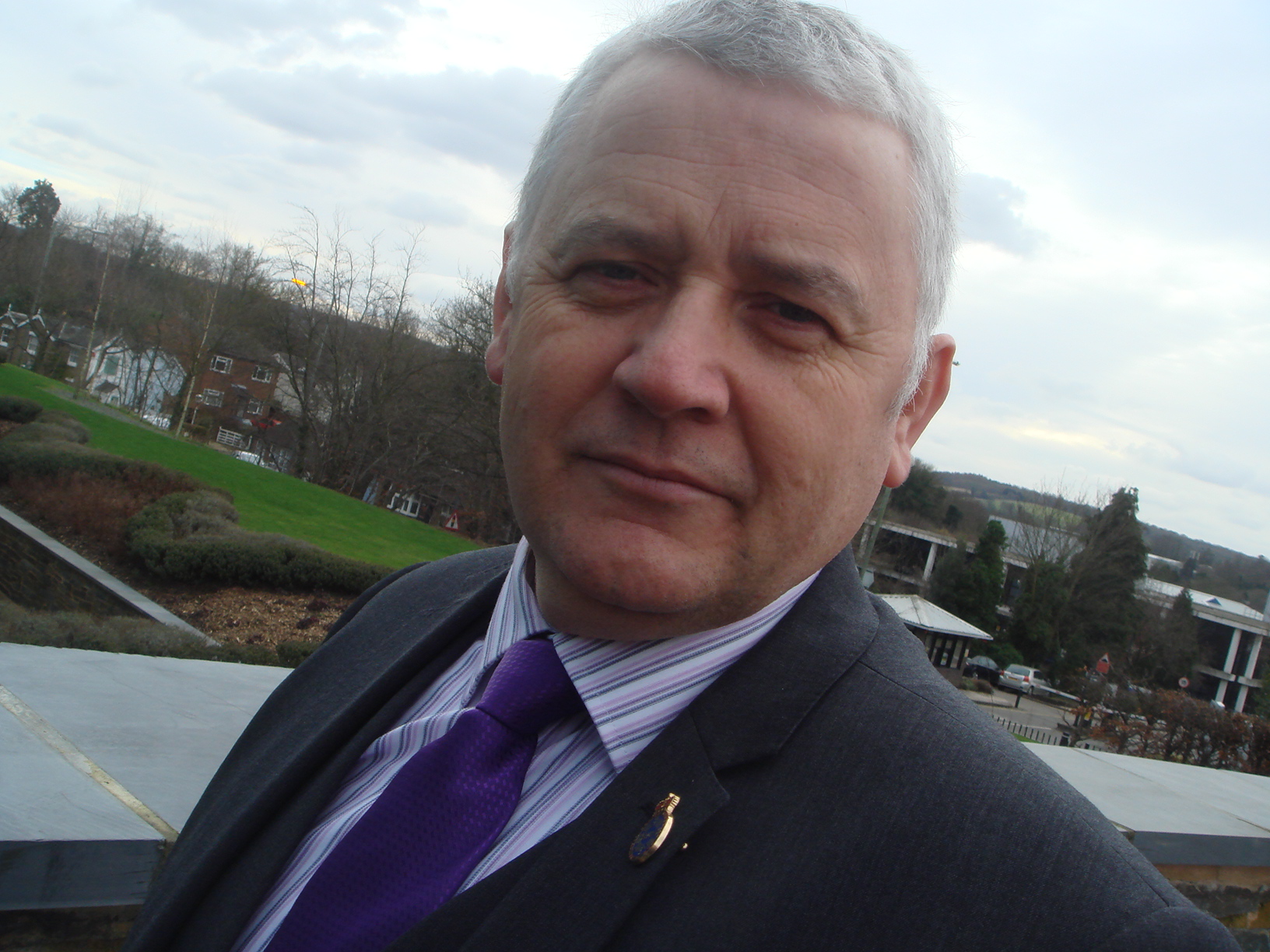Federation backs officers in Stop and Search debate
THE POLICE Federation of England and Wales has insisted that stop and search is an “effective tool” despite a report by Her Majesty’s Inspectorate of Constabulary that criticised its use.
HMIC reported that more than 1.2 million stop and searches were recorded in 2011/12, with only nine per cent leading to an arrest. But Jim Lucas, South Yorkshire Police Federation’s joint branch secretary, (pictured) said such “bean-counting” did not take the real picture into account.
“Officers don’t go around searching people willy nilly,” he said. “It is difficult to see why officers are being criticised for not finding something on a person that might lead to their arrest. That will not happen every time. If officers didn’t act on their suspicions, they would surely be criticised later on for not taking action.”
Responding to the report, PFEW Chairman Steve Williams said that stop and search remains “an effective tool to fight crime” and provides reassurance to the public that the streets are being properly policed.
“Many communities want a visible police presence, particularly those that may have high levels of crime and or a gang, gun and knife culture. It is, of course, extremely important that police officers use discretion when using the powers afforded to them,” he said.
“There must be sufficient grounds to exercise a stop and search and officers must remain accountable for the decisions they make.”
The Federation said it will be contributing to the government’s public consultation on stop and search, launched on 2 July.
Out of 8,783 records reviewed by HMIC, police failed to record the “reasonable” motives for stopping and searching people in a quarter of cases. The Inspectorate also said officer training was too focused on law and procedure rather than how to behave while conducting a search.
Nevertheless, in a YouGov survey of 403 members of public in South Yorkshire, nearly half said that the use of stop and search in their area made them feel safer. Only 12 per cent disagreed, with the rest neutral or unsure. More than 70 per cent said they believed stop and search helped to catch criminals and prevent crime.
Craig Mackey, the Met’s deputy commissioner and national policing lead on stop and search, said that when it is “intelligence led, proportionate and carried out with professionalism and respect” stop and search is an “important tool”.
Among recommendations made in the report, HMIC said national training should be designed to improve officers’ skills in establishing and recording their grounds for suspicion and to help officers understand the impact of stop and search on community trust in the police.

